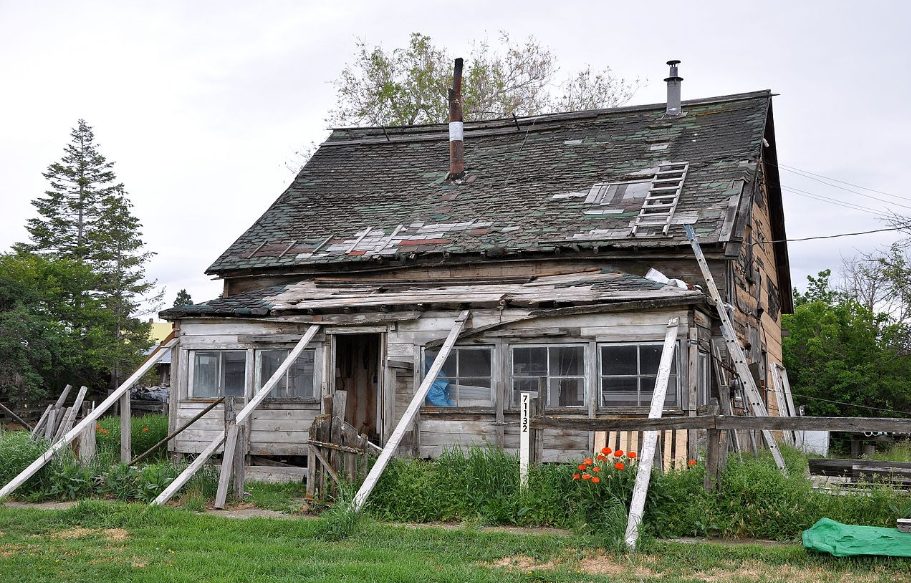It’s a tale as old as time: newlyweds visit an open house. They fall in love with the ancient ivied walls and quaint secret passageways, only to learn that a gruesome murder took place in the house years before and now the halls are haunted by a poltergeist that won’t leave the premises. According to the law, only some states require property owners to disclose whether they live in a “haunted house.” In other states, purchasers may discovery this after the sale when their only recourse is to hire an exorcist and hope for the best. Most states require…
-
-
Changing Domicile: How Mental Capacity Factors In
Domicile is a relatively straight forward legal concept that combines the place where a person permanently resides with where he intends to remain. However, what happens when a person who has been adjudicated incompetent desires to permanently move. Can he possess the requisite intent to change his domicile in legal terms? The Georgia Court of Appeals recently took up this question in Estate of Milton Theophilus Pond, II. In the case, a probate court granted Milton Pond guardianship of his son, M.P., who was an adult man with autism. Since M.P.’s childhood, he lived with his mother,…
-
Lindley Law Welcomes Ryan McIntyre
Please join us in welcoming Ryan McIntyre, our newest associate, to Lindley Law, PLLC. He grew up in New York and attended Cornell University and earned a Bachelor of Science in Industrial and Labor Relations with a minor in Economics. While at Cornell, he was a member of the Varsity Lightweight Rowing Team. Upon graduation, he relocated to Winston-Salem and attended Wake Forest University School of Law where he participated in the Wake Forest Pro Bono Project, a Micro-Trade Development Clinic in Nicaragua, the Law and Business Clinic and the Litigation Clinic. He also interned at Farrell Fritz in New York and worked as a Bloomberg Law Product Advocate. He…
-
Bad Contractors: Five Ways to Avoid Them and Six Steps to Take if it is Too Late
When hiring a contractor for a residential or commercial construction or renovation project, there are many qualified, dependable contractors from which to choose. However, there is always the risk of hiring someone who will (1) do a poor job; (2) take much longer than expected; or (3) both. There are a few things you can do to try to avoid such contractors and several steps you should take once you discover the contractor you hired isn’t doing a good job. Five Ways to Avoid Bad Contractors: Hire only a licensed contractor. If you hire an unlicensed contractor, you run the risk they do not…


